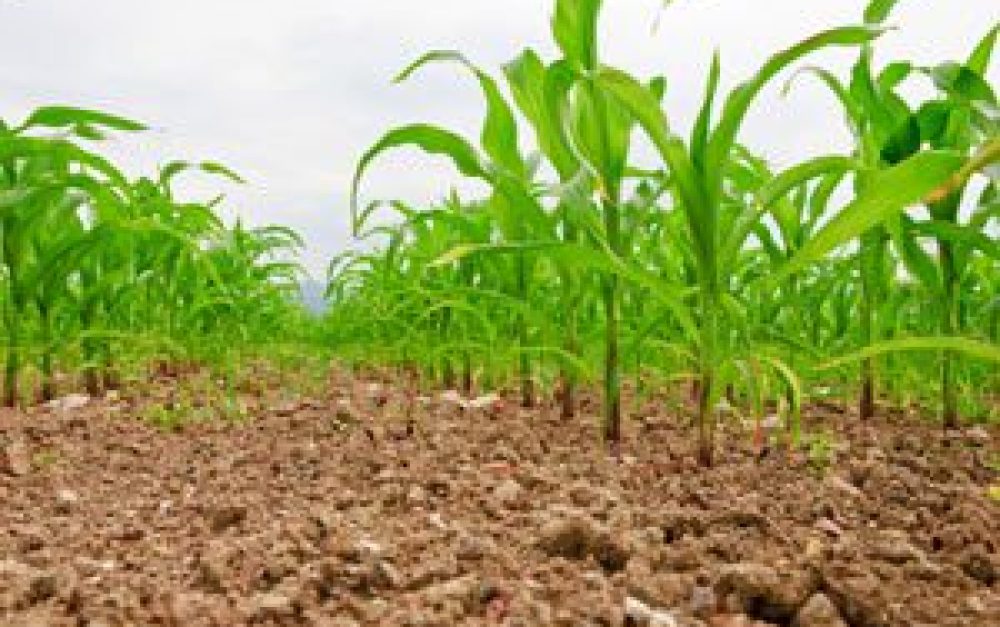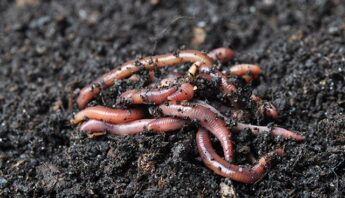A new study supports earlier findings that Monsanto’s biggest selling weedkiller may actually be harming crop production by increasing the incidence of fungal root disease. This could be why the "RoundUp-ready" corn and soybeans that Monsanto has engineered to be used with the herbicide have failed to deliver promised yields.
Add this to recent stories of RoundUp’s ubiquitous presence, concerns of serious health effects such as birth defects, and the creation of superweeds (as RoundUp resistance spreads from engineered crops to weeds) — you'd think this would be the final nail in RoundUp’s coffin, right? Not quite, but we're keeping the pressure on.
RoundUp stimulates bad soil fungi
Living soil is replete with millions of bacteria, fungi, earthworms, insects and many other critters. The good ones are necessary for cycling nutrients to plants and mediating other vital soil functions. The bad ones include microorganisms that cause crop diseases, and among them are common fungi belonging to the genus Fusarium that causes root rot in many crops. In healthy soil ecosystems — like organic systems — vigorous plants and strong populations of the good soil critters keep the bad guys in check.
Last month, a team of USDA researchers reported that glyphosate (the active ingredient in RoundUp) may be causing fungal root disease in "RoundUp-ready" corn and soybeans.
This followed a 2009 report from USDA microbiologist Bob Kremer, who reviewed 10 years of data on the effects of glyphosate on soil fungal and bacteria populations. He concluded that the presence of Fusarium fungi increased significantly after glyphosate applications each year and at all sites, and was much more prevalent among crops engineered to be glyphosate-resistant. These findings echo a 2003 report by The Organic Center .
EPA looking the other way
Kremer told Reuters that neither USDA nor EPA has shown interest in further exploring the link between RoundUp and fungal disease.
EPA plans to review the registration of glyphosate in 2015. Given that a review can take a couple of years once it gets started, this seems a long time to wait. We’ll be urging EPA to take steps well before then to address the myriad negative impacts of such widespread use of glyphosate.
The pile of evidence on impacts — ranging from damage to soil ecosystems to human health effects to devastating economic impacts on farmers around the globe — is getting just too compelling to ignore.








